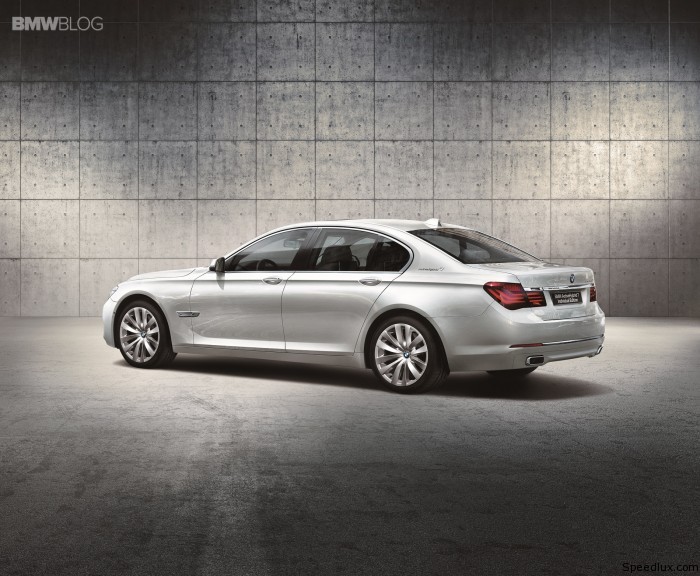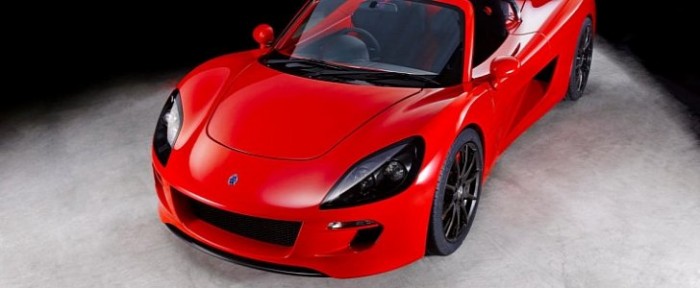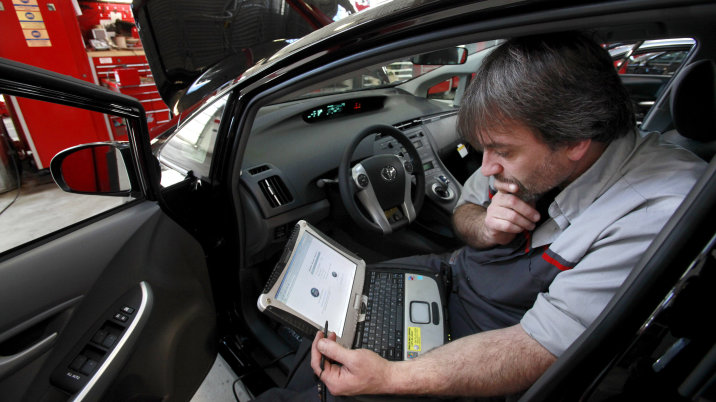Now Reading: Powerplay begins between Japan’s hydrogen car and China’s battery drive
-
01
Powerplay begins between Japan’s hydrogen car and China’s battery drive
Powerplay begins between Japan’s hydrogen car and China’s battery drive

Asia’s 2 automobiles giants, Japan as well as China, are scrambling for supremacy in just how future electrical autos need to produce their power– from batteries or hydrogen-powered fuel-cells.
In a possibly high-stakes clash similar to Sony versus Panasonic in the Beta-VHS video clip battle in the 1980s, the champion could possibly take pleasure in years of dominance if their innovation is taken on as an international requirement by various other producers.
This time around, however, there ought to be an area in the automobiles market for both electrical battery as well as hydrogen fuel-cell autos. The crucial inquiry is which perseverance a lot more conventional automobiles– the marketplace controlled today by the similarity Toyota, General Motors and also Volkswagen.
“We’re getting to a crossroads,” states James Chao, Shanghai-based Asia-Pacific handling supervisor for sector professional IHS Automotive. “It’s challenging to overemphasize the importance of the selection in between batteries as well as hydrogen.”
“Billions of bucks will certainly be bought one or the various other as well as could establish which business will certainly lead the market via completion of this century.”
Japanese Head of state Shinzo Abe’s development method consists of require aids and also tax obligation breaks for customers of energy cell automobiles, unwinded visuals on hydrogen energy terminals and also various other actions on a roadmap to advertise hydrogen power.
The ruling event intends to reduce the price of a fuel-cell auto to around $20,000 by 2025, as well as the federal government intends to develop 100 hydrogen gas terminals by March in metropolitan locations where the cars will at first be released.
“For the hydrogen vehicle to remove, we require a relatively well established facilities to create fluid hydrogen offered almost everywhere. On that particular front, Japan is amongst the globe’s most sophisticated as well as hostile,” claimed Honda’s Mibe.
Neither modern technology, fortunately, comes without considerable difficulties – from laws and also aids to facilities.
Both should substantially broaden the variety of refuelling and also charging stations, while EVs still have to persuade long-distance motorists, hydrogen’s attract the masses might be blunted by its price. “There’s a whole lot even more space for the fuel-cell car to develop and boost,” states Mibe.
Stay Informed With the Latest & Most Important News
Previous Post
Next Post
-
 01Polestar Boss Says It’s Time To Outrun BMW M And Mercedes-AMG
01Polestar Boss Says It’s Time To Outrun BMW M And Mercedes-AMG -
 02Spy Shots: 2027 Mitsubishi Pajero Spotted in Testing Ahead of Possible U.S. Return
02Spy Shots: 2027 Mitsubishi Pajero Spotted in Testing Ahead of Possible U.S. Return -
 032026 Toyota Hilux EV: A Powerful Truck with Silent Torque
032026 Toyota Hilux EV: A Powerful Truck with Silent Torque -
![2027 Mercedes-Benz S-Class Debuts with V8 Engine [Photo Gallery]](https://speedlux.com/wp-content/uploads/2026/01/2027-Mercedes-Benz-S-Class-33-155x125.jpg) 042027 Mercedes-Benz S-Class Debuts with V8 Engine [Photo Gallery]
042027 Mercedes-Benz S-Class Debuts with V8 Engine [Photo Gallery] -
 052026 Corvette ZR1 Production Surges Past Expectations as Output Clears 1,000 Units
052026 Corvette ZR1 Production Surges Past Expectations as Output Clears 1,000 Units -
 06Spy Photos: VW ID. Polo GTI Goes Electric with 223 HP and 280 Miles of Range
06Spy Photos: VW ID. Polo GTI Goes Electric with 223 HP and 280 Miles of Range -
 07Hyundai Palisade’s Breakout Year Shows How Quickly the Market Can Turn
07Hyundai Palisade’s Breakout Year Shows How Quickly the Market Can Turn



![2027 Mercedes-Benz S-Class Debuts with V8 Engine [Photo Gallery]](https://speedlux.com/wp-content/uploads/2026/01/2027-Mercedes-Benz-S-Class-33-700x394.jpg)











































